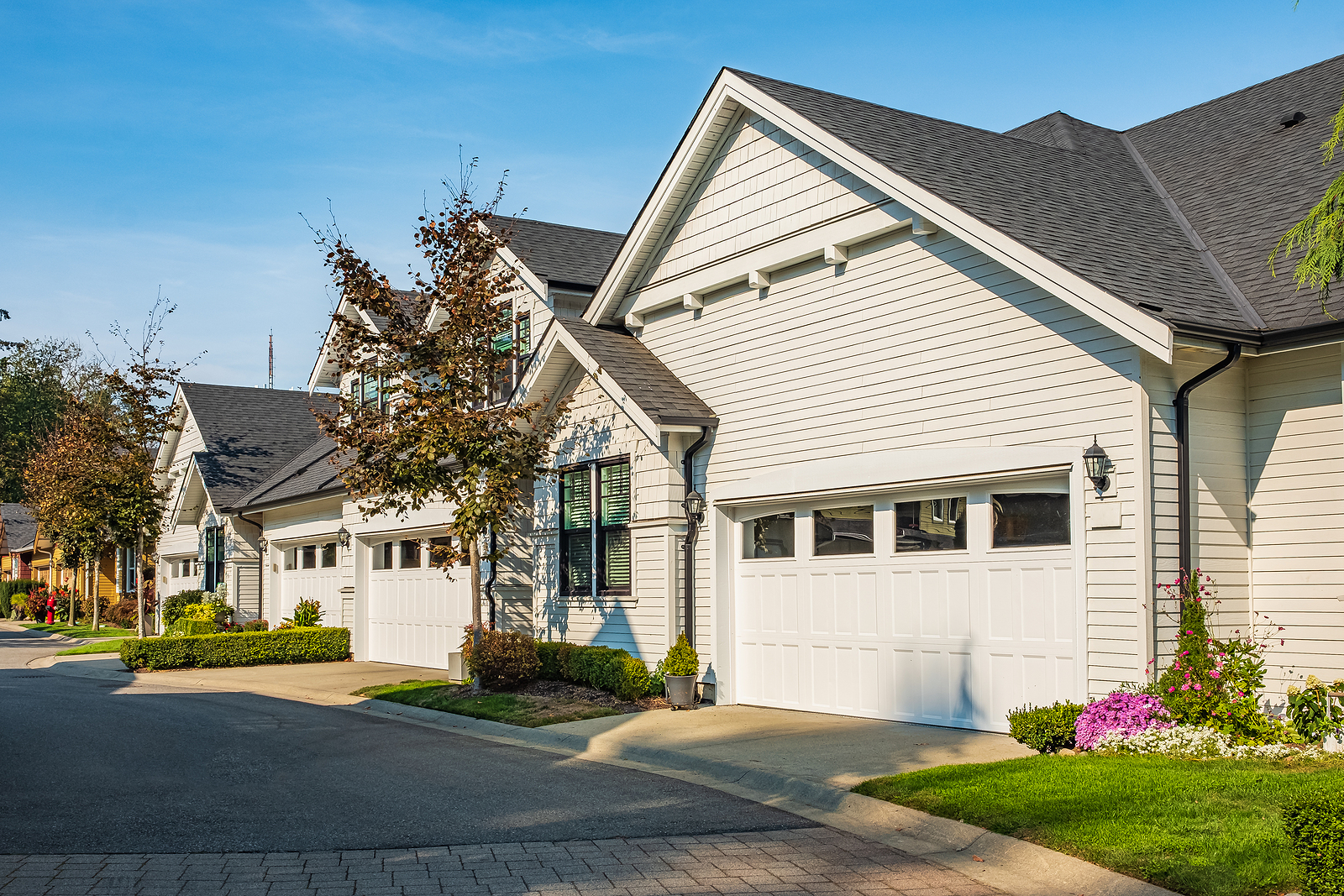The home-buying process is full of decisions. From which lender and insurance agent to go with to which neighborhood to concentrate the search, it’s one long string of choices.
Occasionally, I’ll have clients that fall in love with two homes which leads to probably one of the hardest decisions they’ve ever made

One way to avoid this predicament is to get clear on exactly what everyone in the family is looking for in a home. Each person should make a wish list and then prioritize it by putting their three absolute must-haves at the top.
Then, compare lists. Anything that everyone agrees on should go on a master list – the one you’ll use when actually shopping for a home. The remaining items are those on which you’ll compromise, so be ready to do so.
Try to remove emotions from the process. Yes, I know this is easier said than done. But remember, the home is also an investment. If one home will hold its value better than the other, that’s a huge plus.
Make a list of pros and cons for both houses to help you in the decision-making process. Everyone gets input into the process so one person’s pro may be another’s con. Obviously, the pros and cons list works best for singles or couples.
Consider the neighborhood
Too many homebuyers fall in love with a home without considering the neighborhood. It’s important to investigate the area in which your future home is located. When it comes to a decision between two homes, comparing neighborhoods may just cinch the deal.
- Check the school districts. Homes located in good school districts tend to hold their value better and sell for more than homes in poor school districts.
- How close is each neighborhood to the conveniences you typically use? Which has a quicker commute to work?
- How well do the neighbors care for their property?
- Are homes in one neighborhood increasing in value faster than the other?
Check crime statistics in both neighborhoods. You can do this by calling the local law enforcement agency and there are several crime databases online, such as:

Compare the homes
This is where you’ll really need to remove your love hat and put on your business hat. Forget the gorgeous wall colors and the immaculate landscaping and look at the bare bones of each house.
If you are just planning a family, how will the house work with little ones tearing through it? If you’re downsizing, which house offers you enough space to not feel like you’re living in a shoebox but enough storage room to not have the garage packed floor to ceiling?
Compare features that can’t be changed (or can, but at a huge expense), such as the flow, the number of bathrooms and the size of whichever room you use the most.
If none of this helps you make the decision, look at both homes again and again and again if need be. Like certain movies, you may have missed something on the first viewing that you’ll catch on a subsequent one.
And do enlist your real estate agent’s assistance. Ensure he or she knows exactly what you’re looking for.
Of course, in a fast-moving real estate market, buyers don’t have the luxury to deliberate like this. Decisions are made on the fly and offers submitted at lightning speed. But in slower markets, if you find yourself torn between two houses, slow down and consider all the factors.
